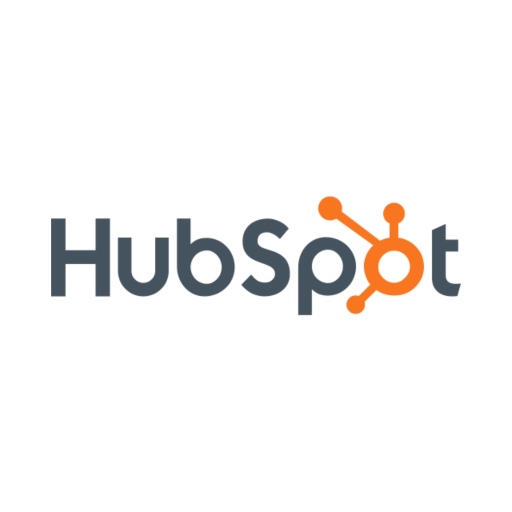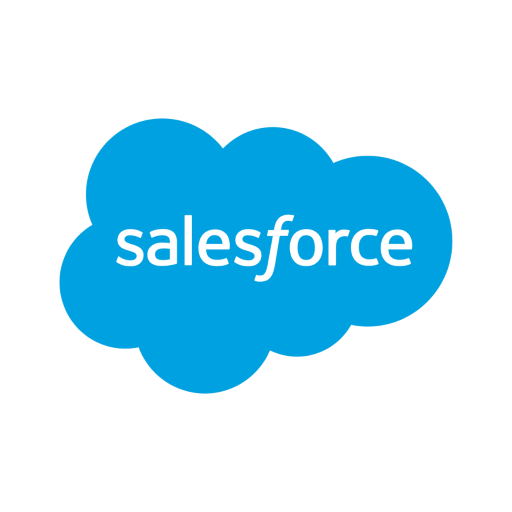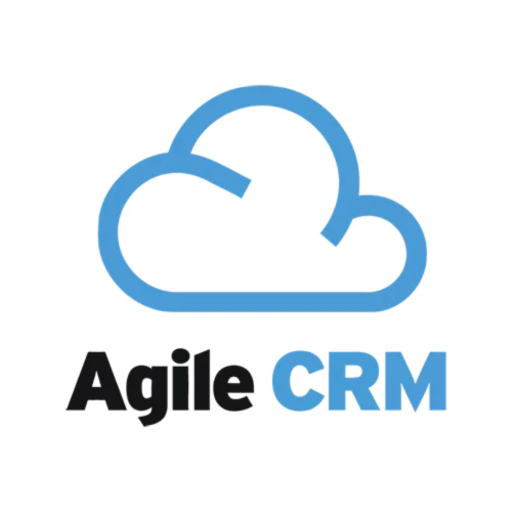Discover the best CRM software solutions that can help freelancers streamline their operations and boost productivity.
Understanding the Importance of CRM for Freelancers
Customer Relationship Management (CRM) software isn't just for large businesses. It can also be a valuable tool for freelancers to streamline their operations and effectively manage their client relationships. By using CRM software, freelancers can centralize their client data, track communications, and stay organized.
One of the key benefits of CRM for freelancers is the ability to have a complete view of each client. This includes contact information, project details, communication history, and any other relevant data. Having this information readily available can save freelancers time and help them provide better customer service.

Furthermore, CRM software can automate repetitive tasks, such as sending follow-up emails or generating invoices. This frees up time for freelancers to focus on their core work and increases productivity.
Understanding the significance of CRM for freelancers can assist them in improving client relationships, increasing efficiency, and ultimately expanding their freelance business.
Key Features to Look for in CRM Software for Freelancers
When choosing CRM software as a freelancer, there are several key features to consider:
1. Contact Management: A good CRM should enable freelancers to effortlessly manage their contacts, including storing contact information, tracking interactions, and segmenting contacts based on various criteria.
2. Task and Project Management: Look for CRM software that includes task and project management features. This can help freelancers stay organized, meet deadlines, and deliver projects on time.
3. Email Integration: Integration with email platforms such as Gmail or Outlook is crucial for freelancers to track email communications within the CRM system. This eliminates the need to switch between different tools and ensures all client interactions are properly logged.
4. Reporting and Analytics: The ability to generate reports and analyze data is essential for freelancers to comprehend their business performance, monitor sales and revenue, and make well-informed decisions.
5. Customization: Every freelancer has unique needs, so look for CRM software that allows customization to fit your specific requirements.

By considering these key features, freelancers can choose CRM software that best suits their needs and helps them streamline their operations.
Top CRM Software Options for Freelancers
There are several CRM software options available for freelancers. Here are some of the top choices:

HubSpot
HubSpot CRM offers a free and user-friendly solution for freelancers. It includes features such as contact management, email tracking, and task management.

Zoho
Zoho CRM is a comprehensive CRM software that offers a range of features for freelancers, including contact management, email integration, and automation.

Salesforce
Salesforce CRM is a powerful option for freelancers who need advanced features and scalability. It offers robust contact management, reporting, and customization options.

Pipedrive
Pipedrive is a popular CRM software known for its intuitive interface and pipeline management features. It is particularly suitable for freelancers in sales-focused roles.

Agile CRM
Agile CRM is an all-in-one CRM software that includes contact management, email marketing, and project management features. It is a great option for freelancers looking for a comprehensive solution.
These examples showcase some of the top CRM software options available for freelancers. It's crucial to carefully assess each choice according to your individual requirements and financial considerations.
How CRM Software Can Benefit Freelancers
CRM software can provide several benefits to freelancers:
1. Improved Organization: CRM software helps freelancers centralize and organize their client data, making it easier to access and manage. This improves efficiency and reduces the chances of missing important information or deadlines.
2. Enhanced Client Relationships: By having a complete view of each client, freelancers can provide better customer service and build stronger relationships. CRM software allows freelancers to track interactions, preferences, and project details, enabling personalized communication and tailored services.
3. Increased Productivity: Automation features in CRM software can save freelancers time by automating repetitive tasks, such as sending follow-up emails or generating invoices. This frees up time for freelancers to focus on their core work and take on more projects.
4. Better Sales and Marketing: CRM software provides freelancers with insights into their sales and marketing efforts. They can track leads, analyze conversion rates, and identify areas for improvement. This data-driven approach helps freelancers make informed decisions and optimize their sales and marketing strategies.
By leveraging the benefits of CRM software, freelancers can streamline their operations, improve client relationships, and ultimately grow their freelance business.
Tips for Successfully Implementing CRM Software as a Freelancer
Implementing CRM software as a freelancer can be a game-changer for your business. Here are some tips to ensure a successful implementation:
1. Define Your Goals: Before selecting a CRM software, clearly define your goals and what you want to achieve. This will help you choose the right software that aligns with your objectives.
2. Choose User-Friendly Software: As a freelancer, you might not have dedicated IT support. Look for CRM software that is intuitive and user-friendly, so you can easily set it up and start using it without much technical expertise.
3. Clean Up Your Data: Take the time to clean up your existing client data before importing it into the CRM system. Remove any duplicates, update outdated information, and ensure the data is accurate and complete.
4. Train Yourself: Familiarize yourself with the features and functionalities of the CRM software. Take advantage of any training resources or tutorials provided by the software provider.
5. Start Small and Scale: Begin by implementing the essential features of the CRM software and gradually scale up as you become more comfortable and experienced with the system.
6. Regularly Update and Maintain Your CRM: Keep your CRM software up to date and regularly maintain your client data. This includes updating contact information, tracking communications, and keeping the system organized.

By following these tips, you can successfully implement CRM software as a freelancer and reap the benefits of improved organization, enhanced client relationships, and increased productivity.
If you require help with implementing CRM for freelancers or guidance on maximizing your use of HubSpot, feel free to reach out to Velainn. We're here to support you every step of the way!
Visuals: HubSpot, Storyset, Flaticon

